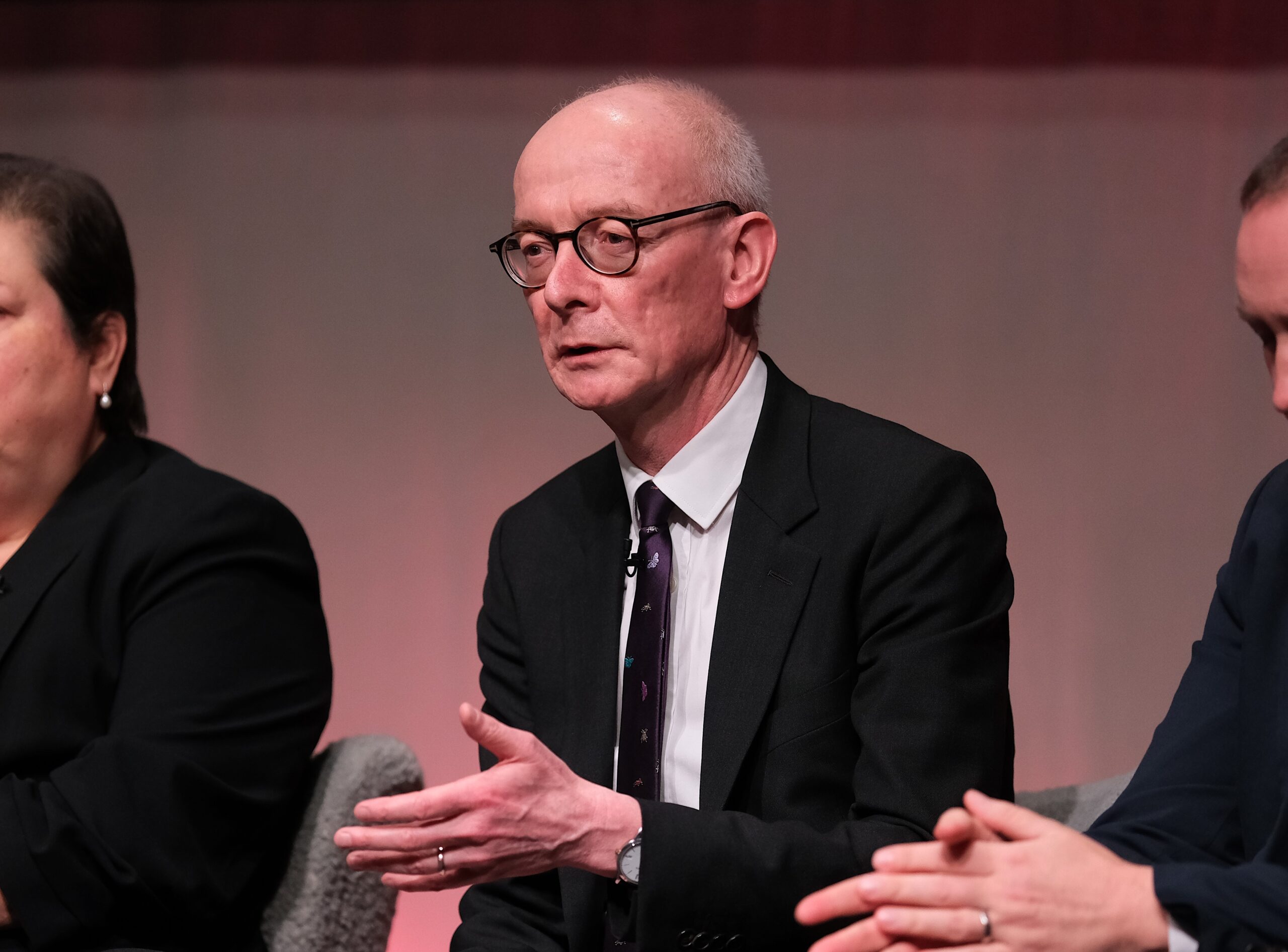“Recycled failed policies”: Truss’s ‘war on Whitehall’ is nothing new

The FDA was quick to respond to the latest attempt at headline-grabbing from the Conservative leadership hopeful, Liz Truss, by issuing a press release highlighting the flaws in her promised “war on Whitehall waste”.
In an announcement, released on Monday night, Truss announced a set of policies to cut “waste, bureaucracy and inefficiency” that she claimed would save the taxpayer £11 billion. These included scraping diversity and inclusion jobs and the introduction of Regional Pay Boards so pay “accurately reflects where civil servants work”.
In his press release Dave Penman, the FDA General Secretary, stated:
“Liz Truss’s pledge to “wage a war on Whitehall waste” shows that her priorities are completely divorced from reality. The fact that she’s pledged to move more jobs out of London while at the same time pledged to cut regional pay for those very same jobs is just astounding.”
As reported in the Financial Times, Penman suggested that Truss would “do well to consider if any chief executive of a private company would think publicly attacking their staff in this way was a viable strategy for long-term success”.
Penman continued, as quoted in The Independent, “instead of focusing on ensuring the civil service is attracting and retaining the right people to deliver the high-quality public services the country relies on, Liz Truss would rather take a page out of the P&O Ferries playbook and announce cuts to pay and terms and conditions in the press.”
Talking to The i paper, Penman argued: “Most civil servants would welcome private sector comparisons on pay, as the government’s own evidence shows that, at almost every level, they are paid less than their private sector contemporaries.”
Penman also spoke to the Huffington Post, The Independent and Guardian.
On Tuesday morning Steven Littlewood, an Assistant General Secretary at the FDA, appeared on Times Radio and spoke to Nick Ferrari on LBC to unpick the economics of Truss’s policies. The introduction of Regional Pay Boards represented “a race to the bottom”, rather than the levelling up the government promised. Littlewood also pointed out that the numbers in Truss’s announcement do not add up unless you asked all public servants, including nurses and teachers, to take pay cuts.
By Tuesday afternoon, following the robust backlash from unions and other commentators to the impossible savings these policies promised, Truss went back on her commitment to introduce Regional Pay Boards.
Reacting to this speedy U-turn, Assistant General Secretary at the FDA, Amy Leversidge, appeared on Times Radio and LBC to argue that Truss would always have had to renege on this policy as it has already failed several times in the recent past. Leversidge stated that it was only 10 years ago “George Osborne was proposing exactly the same thing… and the reason that didn’t go ahead is because regional pay does not work”.
Penman and the FDA will continue to argue that the next Prime Minister needs to leave behind the myth imagined by previous governments, of a bloated and wasteful civil service:
“As the government faces the huge challenges posed by a new war on mainland Europe and recovering from Covid backlogs, what we need from a Prime Minister is solutions for the 21st century, not recycled failed policies and tired rhetoric from the 1980s.”
Related News
-

Government’s plans for civil service reform “lack substance”, says FDA
The FDA has criticised the government’s rhetoric surrounding the announcement of a series of civil service reforms – on performance-based pay, fast track exits for underperformers, and performance management – by Chancellor of the Duchy of Lancaster Pat McFadden.
-

9% pay rise for NI civil servants ‘genuine attempt to tackle pay erosion’, says FDA
The FDA is recommending to members to accept the Northern Ireland civil service pay offer for 2024/25, which represents a 9% increase over a 20-month period.
-

FDA calls for widespread reform across the civil service in New Year message to government
The FDA has shared its annual New Year message to the government, in which FDA Assistant General Secretary Lauren Crowley outlines the need for significant reform across the civil service.